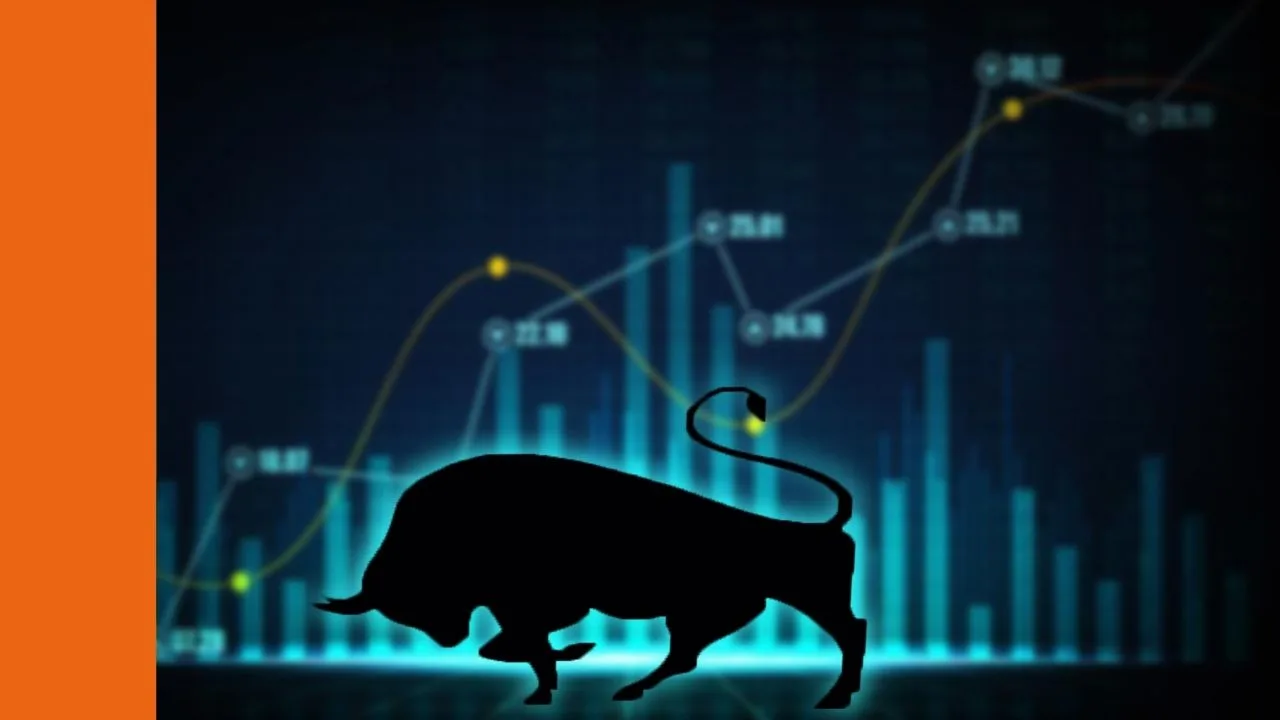The National Australia Bank Ltd (ASX: NAB) share price is down more than 2% after the bank reported its FY24 result.
NAB FY24 result
Here are some of the highlights from the 12 months to 30 September 2024:
- Revenue decreased 2%
- Expenses rose by 4.5%
- Cash earnings declined 8.1% to $7.1 billion
- Statutory net profit declined 6.1% to $6.96 billion
- Final dividend of $0.84 per share, up 1.2%
- Full-year dividend of $1.69, up 1.2%
NAB revealed that its net interest margin (NIM), a measure of lending of profitability, decreased 3 basis points (0.03%) to 1.71%. Excluding ‘markets and treasury’, the NIM dropped 6 basis points, reflecting strong home loan competition and higher term deposit costs.
Expenses increased 4.5% due to higher personnel expenses primarily due to salary-related and restructuring-related costs, as well as ongoing investment in technology modernisation and compliance capabilities, including fraud and cybersecurity. Productivity benefits helped offset some of this.
Divisional performance
NAB told investors how each of its divisions performed.
The business and private banking segment saw profit flat at $3.26 billion, with higher revenue and lower credit impairment charges.
Personal banking cash earnings declined 19.6% to $1.18 billion, due to lower revenue (with lower margins) and modest expense growth.
Corporate and institutional banking earnings declined 3.7% largely due to a higher effective tax rate.
New Zealand banking suffered a 4.6% decline following expense growth, lower margins and higher dividend payments on perpetual preference shares.
Loan portfolio performance
NAB reported that for FY24, its credit impairment charge was $728 million, compared to $802 million for FY23.
The company said this charge reflected individually assessed charges, a deterioration of asset/loan quality and loan volume growth. Some of this was offset by the impact of house price increases.
NAB revealed that its percentage of housing loans that are at least 90 days overdue at September 2024 were 1.17% for owner occupiers, 1.02% for first home buyers and 0.95% for investors.
The percentage of home loans that are overdue by at least 30 days at September 2024, were 1.96% for owner occupiers, 1.81% for first home buyers and 1.6% for investors. These 30-day figures don’t bode well for how arrears could rise in the next six months.
Final thoughts on the NAB share price
The bank’s loan book is facing challenging conditions, yet the NAB share price is up more than 30% in the past year. I don’t think it’s the right time to invest in the ASX bank share, particularly with interest rate cuts seemingly a long way away.
I wouldn’t want to invest today at this valuation, there are other ASX dividend shares I’d rather buy.








